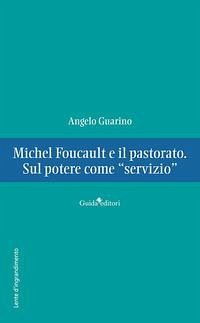
Modernity and Crisis in the Thought of Michel Foucault
The Totality of Reason
Versandkostenfrei!
Versandfertig in 1-2 Wochen
56,99 €
inkl. MwSt.
Weitere Ausgaben:

PAYBACK Punkte
28 °P sammeln!
This book addresses Foucault's characterizations of the Enlightenment, asking whether the developmental history of the modern conception of knowledge--from the Renaissance to the Enlightenment--warrants the conclusion he draws. From the perspective of a critical evaluation of Foucault's thesis on "the crisis of modernity," the book examines














